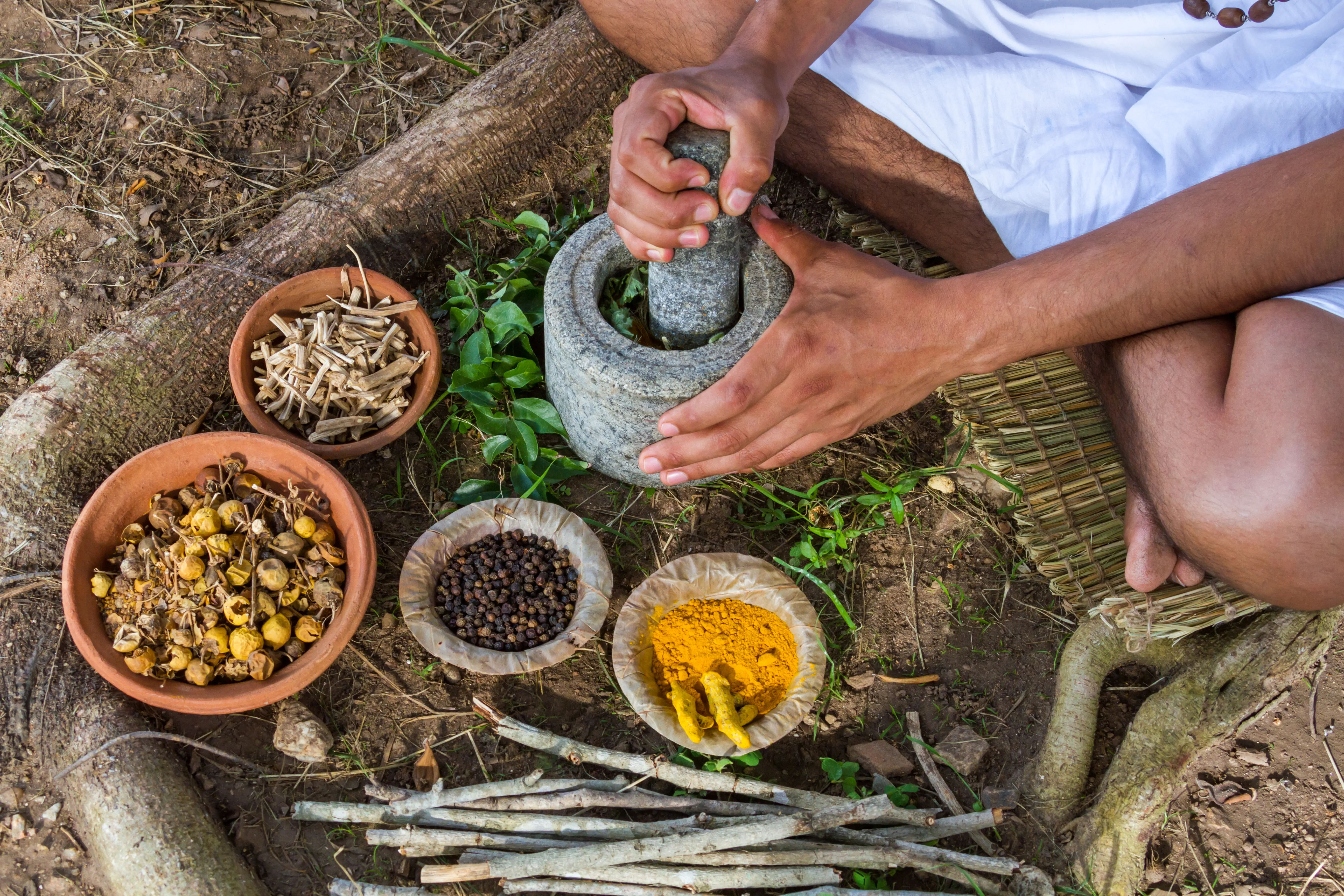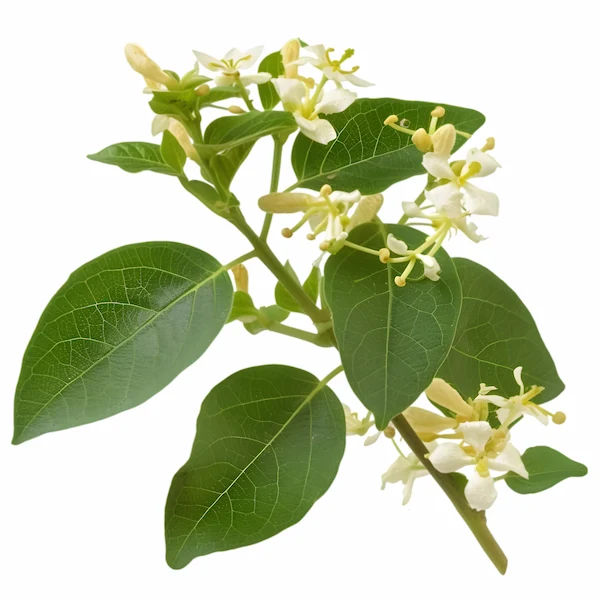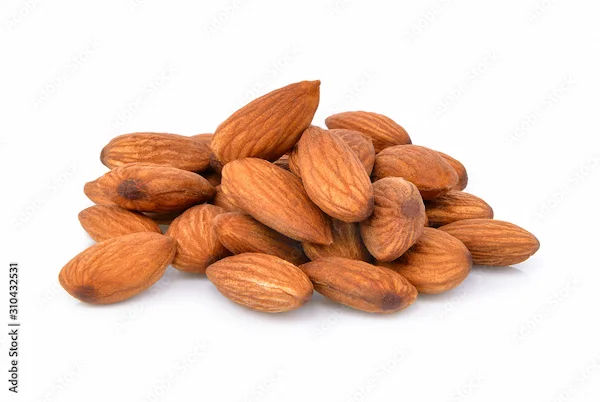Vulvar Biopsy Healing Process Explained
Know about the vulvar biopsy, what to expect, how to care, identifying signs of infection and lifestyle tips for quick healing.

Written by Dr. Md Yusuf Shareef
Reviewed by Dr. Dhankecha Mayank Dineshbhai MBBS
Last updated on 13th Jan, 2026

Introduction
Undergoing a vulvar biopsy can be a stressful experience, especially if you're unsure about what to expect during the healing process. Whether your doctor recommended this procedure to diagnose a skin condition, infection, or other concerns, understanding the recovery phase can help ease your worries.
This article will guide you through the vulvar biopsy healing process, what to expect, and how to care for yourself afterwards.
What Is a Vulvar Biopsy?
A vulvar biopsy is a minor surgical procedure where a small tissue sample is taken from the vulva (the external part of the female genitalia) for examination under a microscope. This helps doctors diagnose conditions like:
Skin disorders (lichen sclerosus, lichen planus)
Infections (yeast, HPV, herpes)
Vulvar cancer or precancerous changes
Chronic itching or pain
The procedure is usually quick, performed under local anaesthesia, and involves minimal discomfort.
Consult a top gynaecologist/surgeon for the best advice
What to Expect After a Vulvar Biopsy?
1. Immediate After-Effects
Mild Pain or Discomfort: You may feel slight soreness, stinging, or tenderness at the biopsy site.
Bleeding: A small amount of spotting or oozing is normal.
Swelling or Bruising: Some redness or mild swelling may occur.
2. Healing Timeline
First 24–48 Hours: The area may feel tender, and you might notice slight bleeding.
3–7 Days: The wound starts forming a scab, and discomfort lessens.
1–2 Weeks: The scab falls off, and the skin heals.
Full Healing: Complete recovery may take 2–4 weeks, depending on the size of the biopsy.
How to Care for the Biopsy Site?
Proper care ensures faster healing and reduces the risk of infection.
1. Keep the Area Clean
Ensure the area is kept clean by doing the following things:
Gently wash with mild soap and warm water (avoid harsh scrubbing).
Pat dry with a clean towel—do not rub.
2. Manage Discomfort
To manage the discomfort, do the following things:
Use over-the-counter pain relievers (like acetaminophen) if needed.
Avoid ibuprofen or aspirin if bleeding persists, as they can thin the blood.
Apply an ice pack wrapped in a cloth for 10 minutes to reduce swelling.
3. Prevent Infection
The infection can be prevented by:
Avoid swimming, using hot tubs, or soaking in baths until you are fully healed.
Wear loose, breathable cotton underwear to reduce irritation.
Avoid sexual activity for at least a week or until your doctor approves.
4. Watch for Signs of Infection
Contact your doctor if you notice:
Increased pain, swelling, or redness
Pus or foul-smelling discharge
Fever or chills
Heavy bleeding that doesn’t stop with light pressure
Lifestyle Tips for Faster Healing
1. Stay Hydrated & Eat Nutritious Foods
Drink plenty of water to help tissue repair.
Eat foods rich in vitamin C (such as citrus fruits and bell peppers) and zinc (nuts and seeds) to support healing.
2. Avoid Irritants
Skip scented soaps, lotions, or douches near the biopsy site.
Use fragrance-free pads if needed.
3. Rest & Avoid Strenuous Activity
Avoid heavy exercise, cycling, or activities that put pressure on the area for a few days.
When to See a Doctor?
Most vulvar biopsies heal without complications, but seek medical help if:
The pain worsens instead of improving.
You develop a fever or signs of infection.
The wound reopens or bleeds excessively.
You notice unusual lumps or persistent itching after healing.
Final Thoughts
A vulvar biopsy is a straightforward procedure, and proper aftercare ensures smooth healing. While some discomfort is normal, following these tips can help you recover faster and avoid complications.
Consult a top gynaecologist/surgeon for the best advice
Consult a top gynaecologist/surgeon for the best advice

Dr. Damayanti Pentiyala
Obstetrician and Gynaecologist
27 Years • MBBS, MD
Khammam
Kinnera Hospital, Khammam
(275+ Patients)
Dr. K Anusha
Obstetrician and Gynaecologist
4 Years • MBBS, DGO
Yemmiganur
SRINIVASAA HOSPITAL, Yemmiganur

Dr. Sreeparna Roy
Obstetrician and Gynaecologist
8 Years • MBBS , MS (OBSTETRICS & GYNAECOLOGY), Fellowship in Infertility, Endoscopy & Ultrasonography), Fellowship in Laparoscopy & Hysteroscopy,DRM
Kolkata
Dr Utsa Basu Clinic, Kolkata
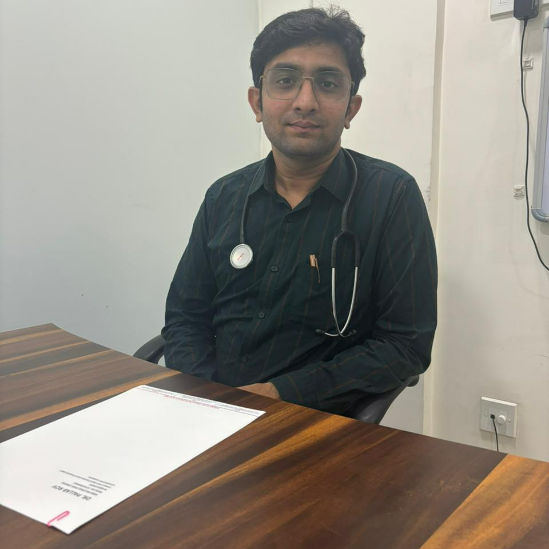
Dr. Pallab Roy
Obstetrician and Gynaecologist
6 Years • MBBS, MS Obstetrics & Gynecology
Kolkata
Dr Pallab Roy, Kolkata
(25+ Patients)
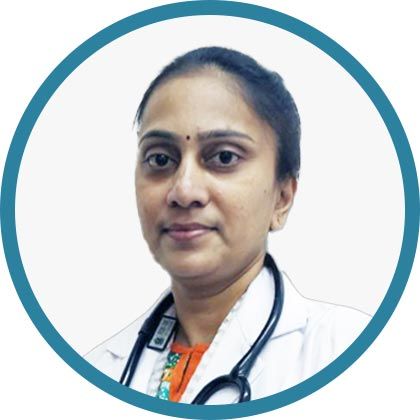
Dr. Jyothi Rajesh
Obstetrician and Gynaecologist
22 Years • MBBS, DGO(DNB)
Bangalore
Apollo Clinic Bellandur, Bangalore
